December 08, 2016
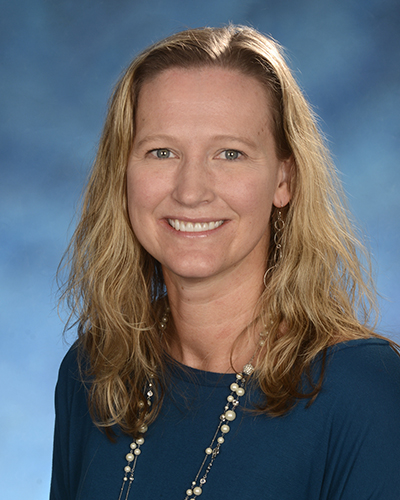
Researchers Will Try New Approach That Focuses on Student Inclusion
The University of Maryland School of Medicine has received almost $5 million from the Department of Agriculture to develop innovative ways to prevent childhood obesity by promoting healthy eating and exercise in city and state schools. The program takes a new approach, training teachers and students to improve schools themselves.
This program is one of several, totaling nearly $10 million in grants, run by the Maryland School Wellness Partnership. The lead scientist, Dr. Erin Hager, PhD, Associate Professor of Pediatrics at the University of Maryland School of Medicine (UM SOM) also runs another city school program, Healthiest Maryland Schools, providing specialized nutrition training to students to help them make healthier eating choices.
Over the past 30 years, obesity in children has more than doubled, while obesity among adolescents has more than tripled. The federal government responded to this epidemic by mandating that all public school systems have written wellness policies specifying what schools should do to promote healthy eating and physical activity.
Every Maryland school system has a wellness policy; but it is not clear whether these policies really have an effect on students’ behavior. Without student participation, researchers say, it is unlikely that the policies will have a significant effect.
Now, Dr. Hager and her colleagues will try a new approach designed to help schools implement wellness policies by getting buy-in from students themselves.
The project, called “Wellness Champions for Change” has two main goals: to bring together teams of teachers, administrators, staff and parents to carry out the wellness policy, and to empower students to advocate for a health-promoting school environment and encourage their peers to make healthy decisions. Key partners include the Maryland State Department of Education, the Maryland Department of Health and Mental Hygiene, the University of Maryland Extension, and other academic partners from Maryland and around the country.
“We think this approach could really make a difference among students,” said Dr. Hager, who is the principal investigator “Understanding how to get wellness policies into the real world, and to create healthier school environments, could really make a difference for school systems, schools and ultimately students nationwide.”

The evaluation will include three groups of students: those in schools without any programming, those in schools with programing to build teacher-led wellness teams, and those in schools with programming to build student- and teacher-led wellness teams.
To assess the effects of the intervention, students will be measured on several different categories including weight, body composition, diet, and physical activity. Caregivers will fill out surveys to provide further perspective on the program’s effectiveness.
“Obesity remains an urgent public health issue, not only nationally, but globally,” said UM SOM Dean E. Albert Reece, MD, PhD, MBA, who is also vice president for medical affairs at the University of Maryland and the John Z. and Akiko K. Bowers Distinguished Professor. “Dr. Hager and her colleagues have developed an innovative strategy that has real potential to make a significant dent in this difficult problem.”
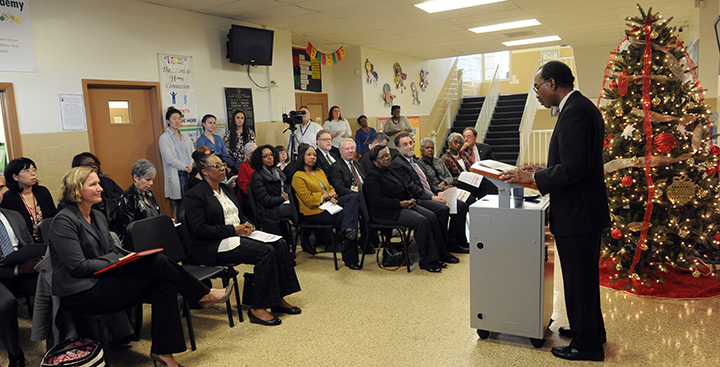
Upcoming Conference on Building a Culture of Wellness in Schools
On December 19, the University of Maryland School of Medicine, in collaboration with the Maryland State Department of Education, the Maryland Department of Health and Mental Hygiene, the University of Maryland Extension, and the Maryland State School Health Council, will hold their second statewide school wellness conference. The conference will focus on the implementation of the U.S. Department of Agriculture Local School Wellness Policy Final Rule. The rule provides the opportunity to improve the written wellness policy, include more school and community participation, and increase transparency, assessment, and implementation.
Experts will share strategies and resources to help Maryland school systems revise their wellness policies. The Whole School, Whole Community, Whole Child Model will be highlighted as an approach to build a culture of wellness in schools.
Find out more:
When: Monday, December 19, 2016
Time: 9AM – 1PM
Where: SMC Campus Center, University of Maryland, Baltimore
621 West Lombard Street
Rooms Elm A and B
Baltimore, MD 21201
About the University of Maryland School of Medicine
The University of Maryland School of Medicine was chartered in 1807 and is the first public medical school in the United States and continues today as an innovative leader in accelerating innovation and discovery in medicine. The School of Medicine is the founding school of the University of Maryland and is an integral part of the 11-campus University System of Maryland. Located on the University of Maryland’s Baltimore campus, the School of Medicine works closely with the University of Maryland Medical Center and Medical System to provide a research-intensive, academic and clinically based education. With 43 academic departments, centers and institutes and a faculty of more than 3,000 physicians and research scientists plus more than $400 million in extramural funding, the School is regarded as one of the leading biomedical research institutions in the U.S. with top-tier faculty and programs in cancer, brain science, surgery and transplantation, trauma and emergency medicine, vaccine development and human genomics, among other centers of excellence. The School is not only concerned with the health of the citizens of Maryland and the nation, but also has a global presence, with research and treatment facilities in more than 35 countries around the world.
Contact
Office of Public Affairs
655 West Baltimore Street
Bressler Research Building 14-002
Baltimore, Maryland 21201-1559
Contact Media Relations
(410) 706-5260
Related stories
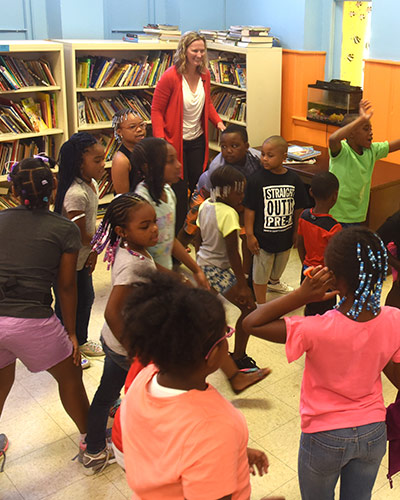
Thursday, January 28, 2021
COVID-19 Pandemic Led to Decreased School Meal Access for Children in Need Across Maryland, UM School of Medicine Study Finds
School closures during COVID-19 have decreased access to school meals, which is likely to increase the risk for food insecurity among children in Maryland, according to a new report issued by researchers at the University of Maryland School of Medicine (UMSOM). The number of meals served to school-age children during the first three months of the pandemic dropped by 58 percent, compared to the number of free or reduced-price meals served the previous spring. As a result, thousands of children across the state were placed at increased risk of food insecurity, with many likely experiencing the health ramifications associated with the abrupt disruption in their access to regular meals.
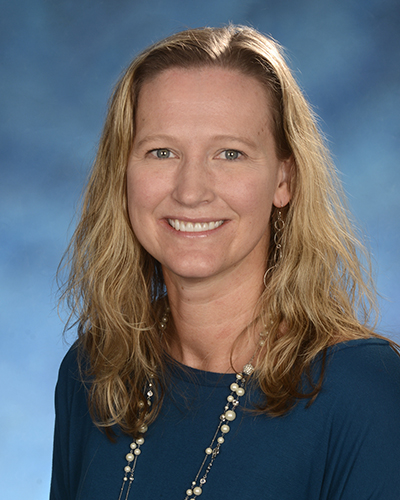
Wednesday, May 22, 2019
UM School of Medicine Announces New Leadership for Program in Health Disparities and Population Health
Jay S. Magaziner, PhD, MSHyg, Professor and Chair of the Department of Epidemiology and Public Health at the University of Maryland School of Medicine (UMSOM), along with UMSOM Dean E. Albert Reece, MD, PhD, MBA, announced new leadership for UMSOM’s Program in Health Disparities and Population Health (HDPH), a program housed in the Department of Epidemiology and Public Health that combines research, education and service to advance health equity.
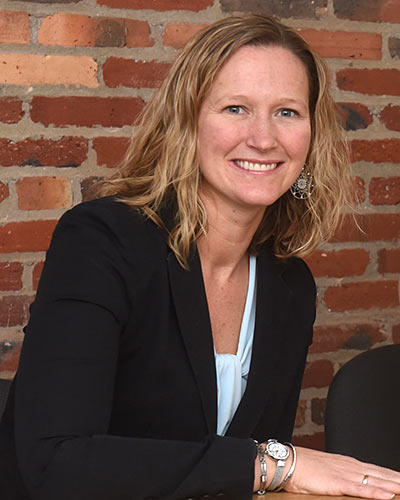
Thursday, April 12, 2018
Maryland Schools are Doing More to Improve Kids Health, Report Finds
Schools across Maryland are doing more to encourage their students to eat healthy foods and to be physically active, according to a new report by researchers at the University of Maryland School of Medicine.
